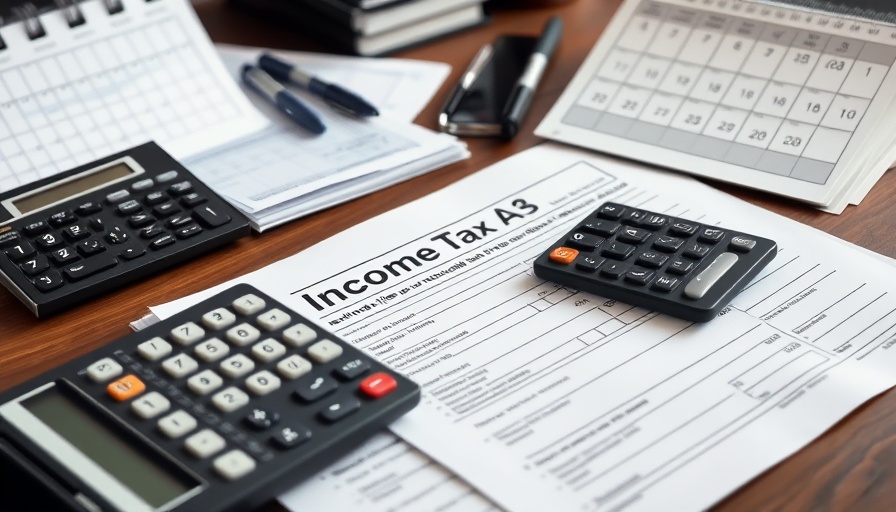
VAT Increase Uncertainty: What Lies Ahead for South Africa?
The recent discourse surrounding the potential increase in Value-Added Tax (VAT) within South Africa highlights the broader implications of government policy and economic recovery in a post-pandemic landscape. President Cyril Ramaphosa's statements during a media briefing in Soweto suggest that while the VAT hike appears likely, the government is considering alternative funding options. Ramaphosa emphasized that the National Treasury has 30 days to identify potential solutions to raise the needed R13.5 billion, underscoring the government's response to criticism from various political factions.
Political Dynamics: ANC and Coalition Governance
As South Africa moves towards the National elections, political tensions within the Government of National Unity (GNU) are palpable. The ANC's decision-making process is under scrutiny as it grapples with pressure from coalition partners and opposition parties like the Democratic Alliance (DA) and the Economic Freedom Fighters (EFF). The forthcoming discussions concerning budget alternatives may not only shape economic strategies but also influence voter sentiments leading up to the elections. A shift in public trust could be pivotal; if citizens believe that the government is adequately addressing their concerns about issues like unemployment and service delivery, it could sway the electorate during municipal elections.
Revisiting the Economics: A Balancing Act
The introduction of a VAT increase can be perceived as a regressive measure, disproportionately affecting lower-income groups already burdened by rising living costs. As Stats SA has indicated, inflation rates continue to impact the country's economic stability, further complicating the fiscal landscape. By potentially delaying or restructuring this tax increase, the government may find a path to alleviate immediate financial burdens on its citizens while maintaining revenue flows essential for public services.
Trade Relations and External Factors
Adding to the complexity of South Africa's fiscal positioning is the recently imposed tariffs by the United States on South African goods. Ramaphosa’s measured response indicates a desire for constructive engagement rather than hostile retaliation. The tariffs could significantly affect export-oriented sectors, further straining the economy as it strives to rebound from the COVID-19 pandemic's disruptions. Observers suggest that South Africa’s ability to navigate these trade relations while implementing domestic policies effectively will be critical for bolstering foreign investment and sustaining economic confidence.
Public Sentiments and Future Projections
The public’s perception of these developments will largely be influenced by how transparent the government is in crafting these economic strategies. For many voters, the implications of tax reforms and economic policies resonate deeply with day-to-day realities—particularly regarding issues like load shedding and reckless government spending highlighted by service delivery protests. In light of recent events, citizens are encouraged to engage in dialogue with lawmakers, demanding accountability and advocating for their interests as stakeholders in the democratic process.
The Broader Picture: Service Delivery and Economic Recovery
As South Africa faces the dual challenges of economic recovery and the demand for sustainable service delivery, the responses of government officials—including discussions around the VAT increase—will serve as a litmus test for accountability and trust in the institution. With various stakeholders including trade unions and civil society active in this discourse, the outcome of these discussions could very well dictate the contours of South Africa's socio-economic landscape for the coming years.
Conclusion: Taking Action in Uncertain Times
For citizens, the key takeaway from this ongoing debate is the importance of active involvement in governance. Monitoring these developments closely and voicing concerns where necessary can enhance the quality of public discourse and drive government accountability. Given the fast-approaching elections, understanding and participating in political dialogues is essential not just for individual representation but also for the collective good of society.
 Add Row
Add Row  Add
Add 




Write A Comment